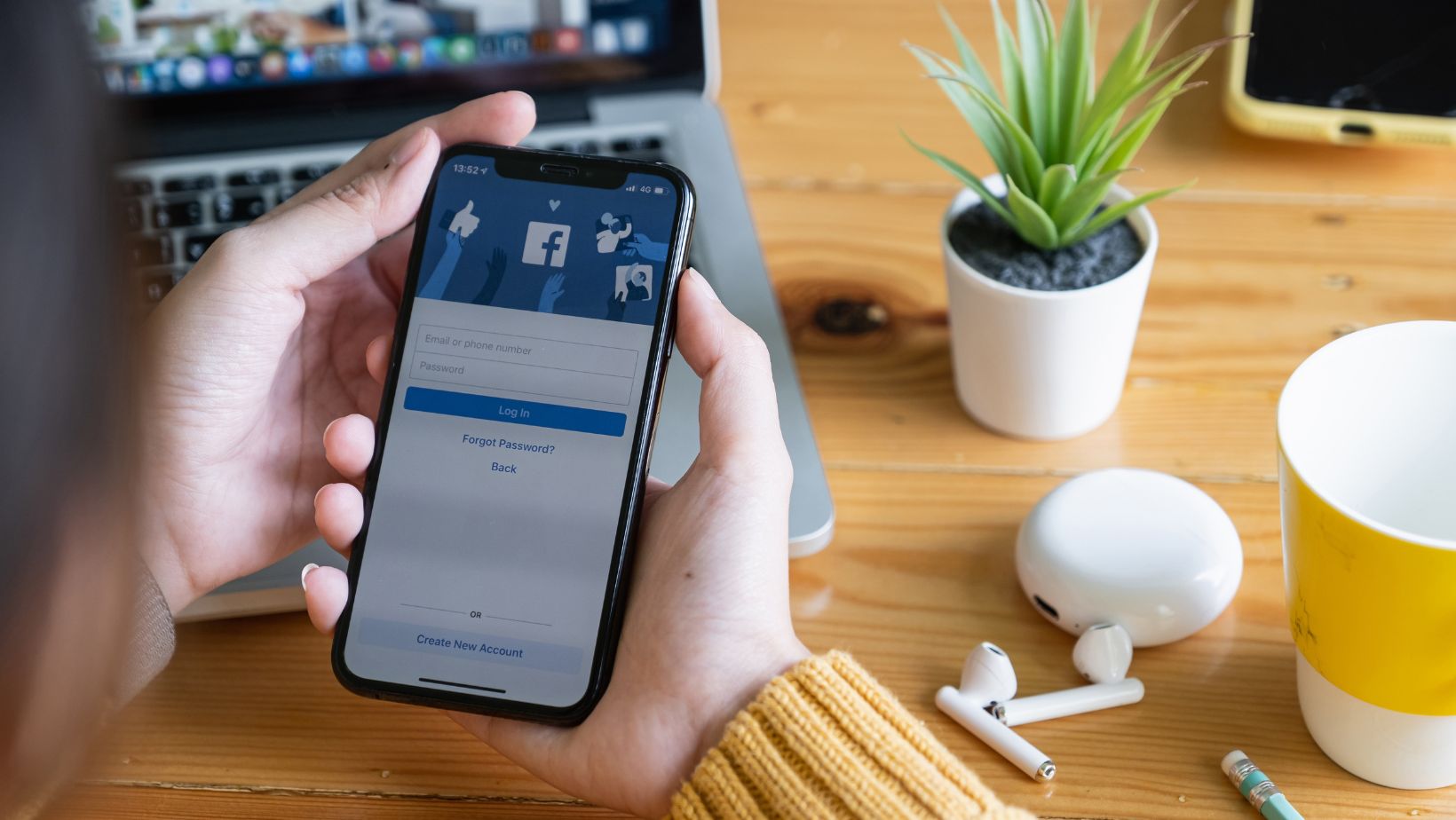Do you really want everyone to know what you like? Especially if those likes could potentially put your personal safety at risk? According to a recent study, many people are not deleting their old Facebook Likes, even if they’ve changed their opinion on the subject. While that may not seem like a big deal, it could actually be putting you in danger. Keep reading to find out why and how you can protect yourself.
What Are The Risks of Keeping Your Likes on Facebook
With over two billion monthly active users, Facebook is by far the most popular social networking site. For many people, Facebook is a convenient way to stay in touch with friends and family. However, there are also risks associated with using Facebook. One of the biggest risks is that of identity theft. thieves can use your personal information to commit fraud or steal your money.
In recent years, there have been multiple instances of Facebook leaking user data or failing to protect user privacy.

Another risk is that of cyberbullying. Bullies can use Facebook to harass and intimidate their victims. Finally, there is the risk that your personal information will be mishandled by Facebook itself. In recent years, there have been multiple instances of Facebook leaking user data or failing to protect user privacy. As a result, it is important to weigh the risks and benefits of using Facebook before deciding whether or not to sign up for an account.
How Can You Protect Yourself From Being Hacked
Facebook is one of the most popular social networking platforms in the world, with over 2.6 billion active users. However, it is also one of the most common targets for hackers. There are a number of ways to protect yourself from being hacked on Facebook. First, be sure to use a strong password that includes a mix of letters, numbers, and symbols. Second, enable two-factor authentication, which adds an extra layer of security to your account. Third, be cautious about what you click on – even if it comes from a friend or family member. Hackers often use phishing techniques to steal login credentials, so it’s important to be cautious about any links you click on. Finally, keep your software up to date, as outdated software can provide a way for hackers to gain access to your account. By taking these steps, you can help protect yourself from being hacked on Facebook.
How To Delete a Like on Facebook
If you’re like most people, you probably have a few likes on Facebook that you’re not particularly proud of. Maybe you accidentally liked your ex’s new girlfriend’s photo, or maybe you hit the like button on an inflammatory political post without really thinking about it. Whatever the reason, there’s an easy way to remove a like from Facebook. Just find the post in your newsfeed, hover over the like button, and click “Unlike.” Once you’ve removed the like, it will be as if you never liked the post in the first place. So if you’re ever in a situation where you need to delete a like on Facebook, just follow these simple steps and you’ll be all set.
What are The Consequences of Deleting Your Likes
While there may be some risks associated with keeping your likes on Facebook, there are also risks associated with deleting them. For one thing, if you delete all of your likes, it will look like you have no interests at all.
Facebook is one of the most popular social networking platforms in the world, with over 2.6 billion active users.

This could make you appear boring or uninteresting to potential friends or employers. Additionally, if you delete a like for something controversial, it could look like you’re trying to hide your true views on the issue. Finally, if you delete too many likes, Facebook may flag your account as suspicious and suspend it. So while there are some risks associated with deleting your likes, you should weigh those risks against the potential benefits before making a decision.


More Stories
The Rise of De-Influencers: Challenging Consumerism on Social Media
The Psychology of Fantasy: Why People Love Adult Cam Sites
Faith and Connections: How Social Media Brings People Together